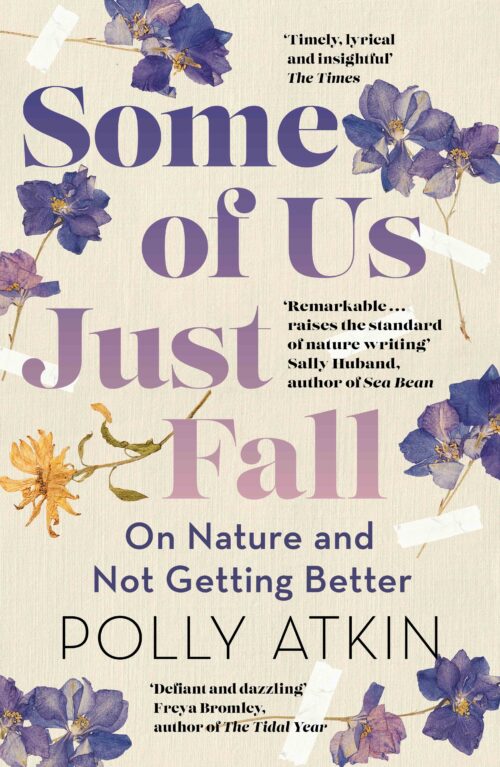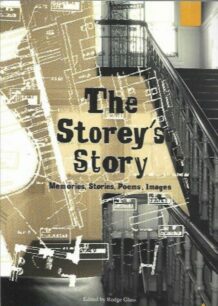304ppWINNER OF 2024 LAKELAND BOOK OF THE YEAR
LONGLISTED FOR THE 2024 WAINWRIGHT PRIZE FOR NATURE WRITING'It raises the standard of nature writing. This is both radical manifesto and activism in book form'
Sally Huband, author of Sea Bean'Long before I knew I was sick, I knew I was breakable . . .'After years of unexplained health problems, Polly Atkin's understanding of her body had become fluid and disjointed. When she was finally diagnosed with two chronic conditions in her thirties, she began to piece together her own history: the fractures and dislocations, the exhaustion and medical disregard.A searing blend of memoir, nature writing and pathography, Some of Us Just Fall traces a remarkable journey through illness. From misdiagnoses to wild swimming in the Lake District, Polly examines her genetic inheritance, her place in the natural world and her future in her body.'Polly Atkin, who had long suffered ill health, was diagnosed with two chronic conditions in her thirties. Some of Us Just Fall is her timely, lyrical and insightful exploration of the stories we tell about our bodies and how they influence our lives and sense of belonging. It made me yearn to revisit the Lake District and Grasmere, where Atkin lives, because her descriptions of her daily walks and swims were so beautiful. Perfect for fans of Sinéad Gleeson, Amy Liptrot and Olivia Laing' Jack Clark, The Times





